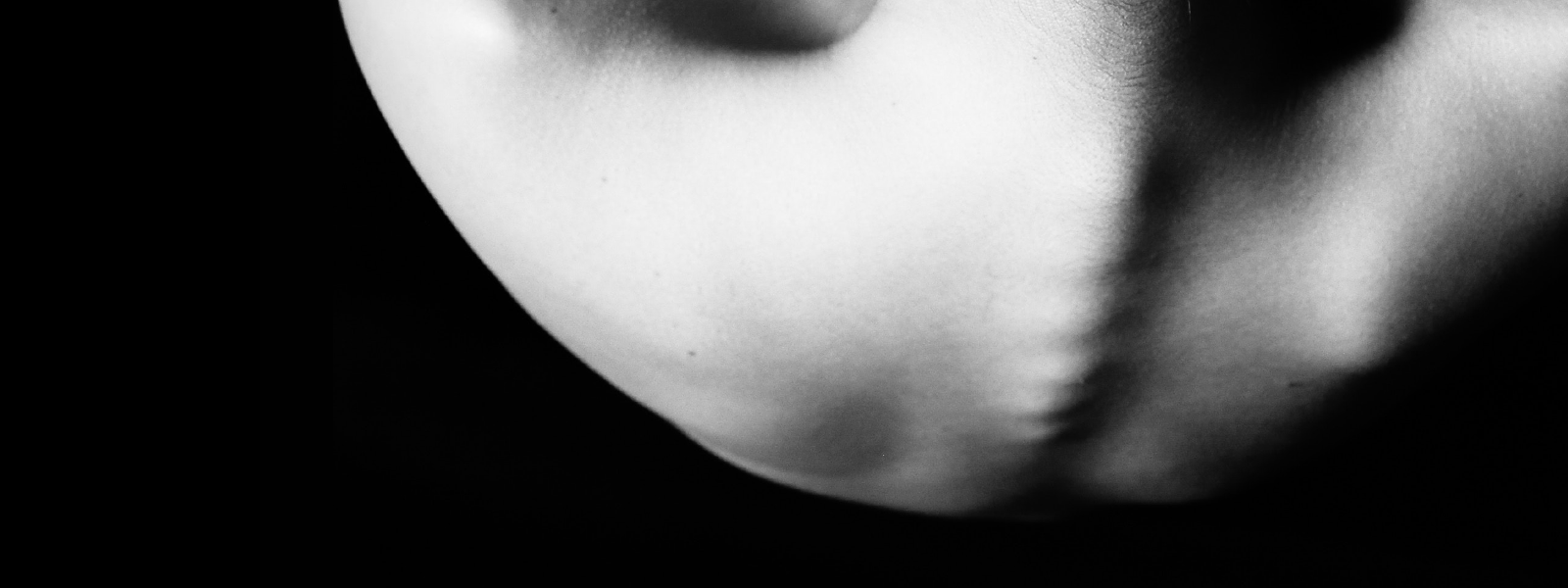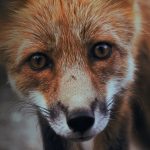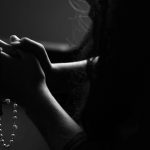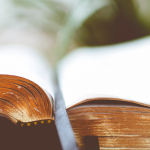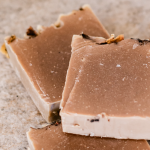He was so thin. Look how thin!
So much so it hurt to sit on solid surfaces, and so the sofa became his domain, poised on piles of downy-soft pillows, with arms like the limbs of a willow seemingly floating on any gentle breeze that blew in under the door. His ribs formed dunes across his chest and his legs had become matchsticks that he feared to rub together in case they caught alight. But, unlike when he had been fat, he had to be wrapped against the cold with two jumpers and thermals underneath his joggers. Thick woollen socks even in the height of summer.
He used to sweat in the summer, in all seasons, reservoirs forming in the valleys of his body, giving off the untameable stench of stagnate water. He used layers of scent to mask the smell, to not turn heads, to keep strangers close. But not now! Now he smelt of nothing. Not a trace of odour. There was no energy left to perspire. Every molecule necessary to keep him functioning, to keep him in this state of thinness.
Look how thin! Almost translucent, when he’d been so fat!
With hands like chunks of ham and hippo feet — two solid trunks. Now he had pianist’s fingers, elegant and slender, like the long digit of the bug-eyed Aye-aye, evolved to dig for grubs in the cracks in trees.
Lying on the sofa, his thinness felt like a shimmer, like the moment before death on repeat — so euphoric, surrounded by light, a wide-mouthed smile, eyes tumbling back into their sockets. This wasn’t the same when he was fat: he lived in weight. Already in the grave, buried under tonnes of earth.
The mirror had lied. It told him one thing and he saw another. The mirror was a self-indulgent scaremonger who bullied with wisps of hope, with the possibility that he wasn’t fat, that he never had been. But when he brushed his teeth with a toothbrush all but blunt, the bristles swallowed by him or the drain, he saw the jiggle of his stomach and breasts, the flapping of his bingo-wings. These were undeniable. Indelible in his vision of himself. The mirror couldn’t hide these. But now, there could be no doubt. His thinness wasn’t up for debate. He could feel it. He could feel it always.
Oh, how he’d prayed for this. Down on his knees, head over the toilet bowl purging the burger he couldn’t say no to, the one he’d had delivered. Please God, he said, in between each retch. Take it all away from me. Let it all dissolve into nothingness.
God did answer.
Not in the way he’d hoped, to wake up thin, this thin! with no effort on his part. Instead, he’d been granted an iron will. A will so strong that it kept his mouth shut, as though it had been sewn together. With them closed he became a mute, and no longer let anything out of his body except for the breath which wheezed from of his nose.
At first, he didn’t believe his mouth refused to open. He pressed meat to his lips, but his teeth clamped tight over his bottom lip, an iron portcullis brought down. He mushed chips dripping in grease into his face, but his lips would refuse to come apart, his teeth grinding into skin until it bled. He’d been fearful, angry, grunting through his closed mouth that his body wouldn’t listen to its master. But, after a while, he felt something. The pang, the grumble, the rotting gnaws, these feelings so long forgotten they felt brand new.
My God! Hunger, hunger, hunger!
Hunger was the path he needed to take. To follow this feeling to where it had to bring him. To a place of fragile beauty, of sharp angles and arresting, angelic structures — not this stolid lump of joylessness.
His mouth remained closed for a week, except when it fell open out of thirst and he would be forced under the duress of cracked lips, of the pounding headache that tore his wakening mind in two, to dangle his tongue into the fast-food cup he’d fill from the tap, taking lapping sips, and weep as he did.
But water is colourless. Water was like the air. It was as much a part of him as his own breath. So, the rules changed: if breathing was OK, then water was too. And so, he slaked his thirst whenever he felt it. He drank happily, but never so much that his hunger dissipated. It had to be there; he had to feel it always.
It was in the second week he took to the sofa. Too weak to stand. His resting place, where he would wait out the day until he’d slip, uncomfortably, into sleep.
The weeks piled on like this, unlike his fat which slipped from his body as though a butcher was slicing it off him.
Then he woke on the sofa, one arbitrary day, his eyes cracking open with strain and he looked down at himself, and it was all gone. He was transformed. He had been plundered by entropy.
Was this, this thinness, then, the end? he thought. He took a sip of water from his fast-food cup, letting it spill from his mouth to pool in the hollows of his cheekbones.
Could he just become a skeleton? Mr Bones rattling down the street with cane and top hat. Or could he become so light that he would evaporate? Disperse like the blown-head of a dandelion? He closed his eyes and continued, hoping for more, and so, hoping for less.
…
Biography
Peter J. Coles was born in Oxford and currently lives in London. He came to writing after stumbling through various universities around the world studying Japanese literature. He recently finished an MA Creative Writing at Birkbeck, and is the Deputy Managing Editor for MIROnline. He is currently working on two novels and was shortlisted for the Wasafiri New Writing Prize 2018 and was longlisted for the Grindstone Literature International Novel Prize 2018.
Image: unsplash.com

